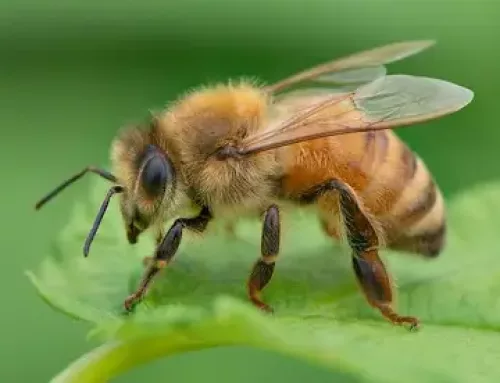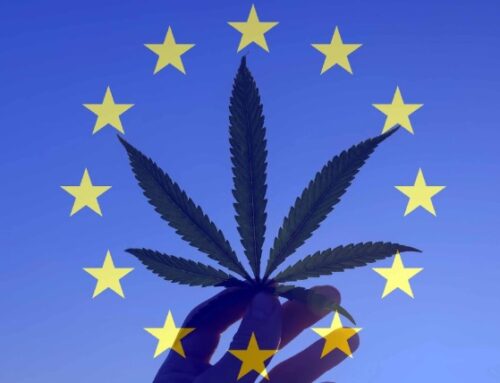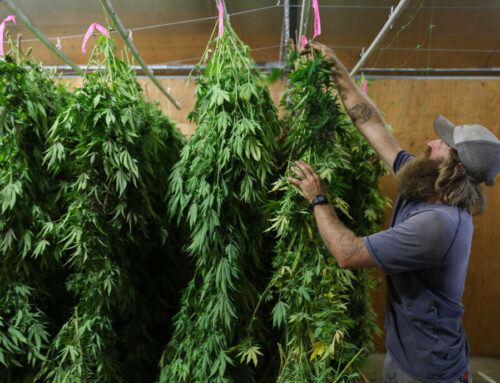Pakistan Enters Global Hemp Market with Plans for 2025 Cultivation
LOS ANGELES- Pakistan is set to join the global hemp market by allowing commercial cultivation of hemp beginning in January 2025. This strategic move is aimed at enhancing the country’s economy through increased foreign exchange earnings and the creation of new economic opportunities.
The Pakistani government sees immense potential in the hemp industry, which has been growing rapidly worldwide. Although Pakistan already has a $5 billion hemp sector, it remains largely undeveloped, with significant opportunities for growth. By focusing on regulated hemp cultivation, the government hopes to capitalize on the rising global demand for hemp-based products. This expansion into a global market valued in the billions could significantly boost the nation’s economy.
To ensure the industry’s growth is well-managed, the government has established the Cannabis Control and Regulatory Authority (CCRA). This body, led by the Defense Secretary and including representatives from various ministries and law enforcement agencies, will oversee the industry, including the issuance of cultivation licenses and the enforcement of quality standards. The centralized regulation is intended to maintain high standards and ensure the economic benefits are fully realized.
Research and development are also a key part of Pakistan’s strategy. Barani Agricultural University is leading the way with dedicated experiments in hemp cultivation. These efforts have already produced various hemp products, demonstrating the plant’s versatility and potential for opening new markets. Ongoing research will be crucial for optimizing yields and developing valuable hemp derivatives that can compete internationally.
The economic prospects of hemp cultivation are significant. According to the Pakistan Council of Scientific and Industrial Research, the country could generate $5-7 billion in foreign exchange through hemp exports, particularly to markets like the United States, where favorable tax conditions for hemp imports could provide a competitive edge. By positioning itself as a key player in this industry, Pakistan could integrate into a global market that spans more than 50 countries and contributes to sectors ranging from pharmaceuticals to industrial products.
Despite the promising outlook, challenges remain. Pakistan will need to continue investing in research and development, enforce strict regulatory practices, and educate local farmers to ensure compliance with new standards. Additionally, building the infrastructure needed for processing and distribution will be essential for the long-term success of the industry.
Pakistan’s entry into the hemp market marks a significant step toward economic diversification. With careful planning and a structured approach, the country could secure a strong position in the global market, leading to substantial economic gains and industrial advancements.



































